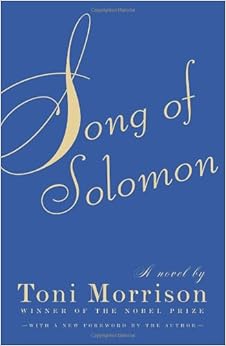 My copy of The Portrait of a Lady was published in 1966. It’s a Collateral Classic, originally priced at ninety-five cents. Although my book is more than forty years old, it is in great shape.
My copy of The Portrait of a Lady was published in 1966. It’s a Collateral Classic, originally priced at ninety-five cents. Although my book is more than forty years old, it is in great shape.
Let me share what is the best part of my version:
the forty-eight page Reader’s Supplement found in the center of the novel.
After my indiscretion last week, I’m trying hard to stay on task. I haven’t spent lots of time skimming the “extras”, but I can share this dramatic black and white photo of our novel’s author.
My Reader’s Suplement also has…”Pictorial Background of Plot Highlights”. What’s that?
Here’s a quote from the editors’ explanation:
In presenting the materials that follow, we have chosen to depart form a common practice in book illustration. you will find no direct representations of important characters or scenes. We believe that drawings or motion pictures stills, designed to help you visualize people or places the author describes, actually may interfere with the exercise of your own imagination No artist can duplicate the pictures your mind creates as it reacts to the words in a book. Even photographs depicting prominent actors who have portrayed the roles are poor substitutes for the images suggested by the language of a great writer.
Background info: that’s what’s being provided. So, let me do a little show and tell.
Here’s an example of “An Old English Country Estate–1800’s (left) and “Double Houses in Albany-New York, 1800’s” (right). See, we can imagine the Touchett’s estate and also see where Isabel was living in the US.

Take a look at this illustration. On the left side is “A ‘Specimen’ of an English Gentleman–1877“. I see a proper Englishman. This helps me imagine how Isabel Archer saw Lord Warburton The picture on the right shows “A Young Woman of Imagination–1800’s“. Could this be Isabel?

May I present “English Fashions of the 1880s“. Remember how enamored we were with the Anna Karenina-inspired line at Banana Republic? Perhaps JCPenny will pick up “The Portrait” line. The hats are fantastic, but I can’t say I’m a huge fan of bustles. Then again, if my waist can look that tiny…

Did you notice the text at the top of each illustration? Those quotes from the novel are “to direct your attention to passages where the background material can be most helpful for visual purposes.” Nifty!
Fellow readers, do any of your versions of The Portrait of a Lady contain “bonus” material?
 My copy of The Portrait of a Lady, the one with the
My copy of The Portrait of a Lady, the one with the 








